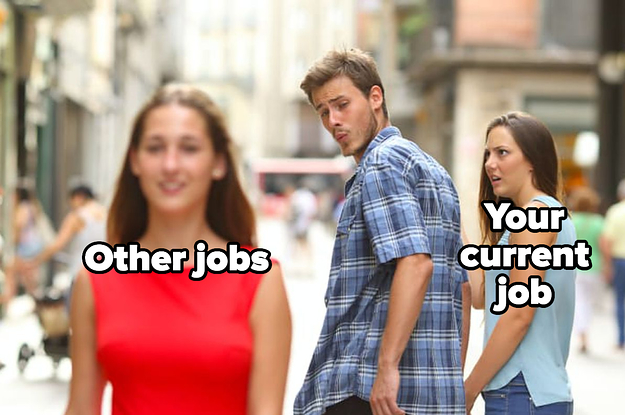IRA vs. 401(k)
- frugal.zoomer

- Jun 7, 2020
- 2 min read
Updated: Aug 3, 2020
These are the two MOST ESSENTIAL finance terms that you can know. Throw them into everyday conversation to sound smarter. Or even better, understand them and put some money into them....
Both an IRA and a 401(k) are types of accounts where you can put money for retirement. They are great because they are tax-advantaged (in other words, you pay less in taxes on this money than you would if you put it elsewhere). However, because they're so great there are also rules about how much money you can put into them every year, when you can take the money out, and if you can use them at all.

There are other types of retirement accounts, but these are the two most common ones. There are also multiple types of IRAs and 401(k)s, but we can get into that later. For now, we'll walk through the basics of each.
Note: Since I'm writing this blog for people ages 15-30, I'm not going to include information about investing limits for those over 60. We don't need to know that for many decades.

The main takeaways are:
Both accounts are fabulous! They will help you save money for retirement and give less to the government.
Anyone can put money into an IRA, but that isn't the case for a 401(k). You need an employer that offers a 401(k) to have one.
You can have both!
Contribute to both if you can, but your top priority should be putting at least enough to get your company's 401(k) match, if that applies. Your company might match up to 6% of your salary, for example. Put that 6% directly into your 401(k) to get the free money!
Now you know as much as your average economics major, congrats!
Keep reading here to learn about the two types of IRAs and 401(k)s.



Comments